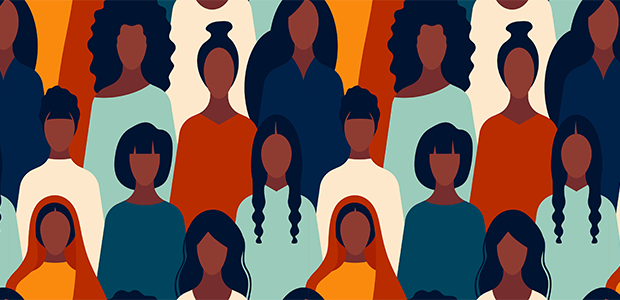
The Long Road to Women’s Equality: A Focus on Black Women
The conversation around women’s equality has been gaining momentum for years, but the journey is far from over – especially for Black women. As a founder and advocate for diversity and inclusion, I’ve seen first-hand the systemic barriers that continue to hold women back, particularly in the professional world.
Despite significant progress, the intersection of race and gender presents unique challenges that must be addressed if we are to achieve true equality.
The Landscape of Inequality
Women’s equality in the workplace remains a pressing issue. While strides have been made, the data still tells a sobering story. The gender pay gap persists, with women earning significantly less than men for the same work. This disparity is even more pronounced for Black women, who face additional hurdles, earning just 63 pence for every pound earned by white men. In the world of start-ups, where innovation is key, the situation is similarly bleak. Female-led startups receive a mere 2.3% of venture capital...
These disparities extend into leadership. Black women remain significantly underrepresented in C-suite roles, facing what is often referred to as the “concrete ceiling”– a barrier even more impenetrable than the glass ceiling faced by women in general. Despite being equally qualified, Black women are often overlooked for promotions and leadership opportunities, depriving organisations of diverse perspectives that are crucial for growth and innovation.
Society’s Resistance to Change
The fight for equality is complicated by societal resistance to change, as evidenced by past events involving high-profile Black women. For instance, Claudine Gay, the first Black president of Harvard University, faced an unfounded campaign challenging her qualifications, a stark reminder that Black women in positions of power are often met with undue scrutiny. Similarly, the vile comments directed at Meghan Markle by Jeremy Clarkson and the horrifying threats against Diane Abbott...
The rise of anti-woke sentiments only complicates the struggle for equality. When public figures dismiss or attack progressive values, it emboldens others to act on their prejudices. This creates an environment where Black women, in particular, are forced to navigate additional layers of discrimination and hostility.
A Glimmer of Hope
Despite these challenges, there are reasons to remain hopeful. The election of Kamala Harris as the first Black and South Asian woman Vice President of the United States marked a historic moment, inspiring millions around the world. Harris represents the potential for change and the breaking of barriers that have long kept Black women out of the highest offices. Her success offers a glimpse of what’s possible when systemic barriers are challenged and overcome.
However, symbolic victories like Harris’s election are not enough. We need systemic change to ensure that Black women are not just represented but are thriving in every sector. This includes addressing health disparities such as the Black maternal mortality rate, which is alarmingly high in both the UK and the US. Black women are significantly more likely to die during childbirth than their white counterparts, a statistic that underscores the broader neglect and discrimination they face in healthcare.
The Road Ahead
As we reflect on women’s equality, it’s crucial to recognise that while all women face challenges, Black women often endure the harshest inequalities. From the lack of venture capital funding to underrepresentation in leadership roles, to health disparities that put their lives at risk, it’s clear that much work remains.
We must foster environments where authenticity is celebrated and where women—especially Black women – can thrive without fear of discrimination or prejudice. This requires collective action from all sectors, from government policies to corporate practices and community support systems.
At BYP Network, we are committed to making this vision a reality. By connecting Black professionals and creating spaces where they can excel, we hope to contribute to a world where equality is not just an ideal but a lived reality. The journey is long, but with perseverance and commitment, we can create a future where all women, regardless of race, are empowered to achieve their full potential.

